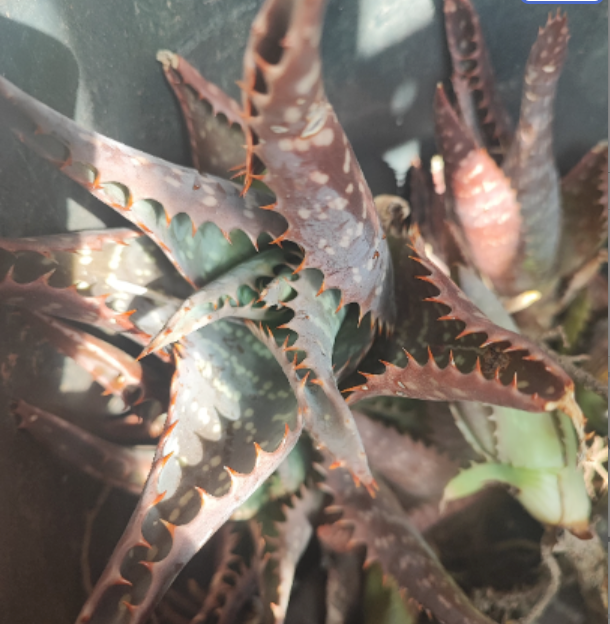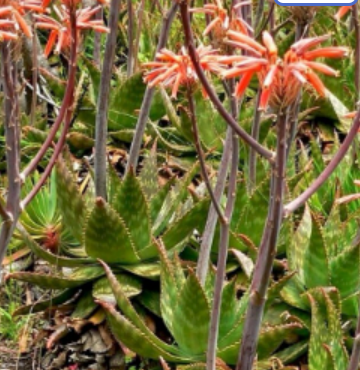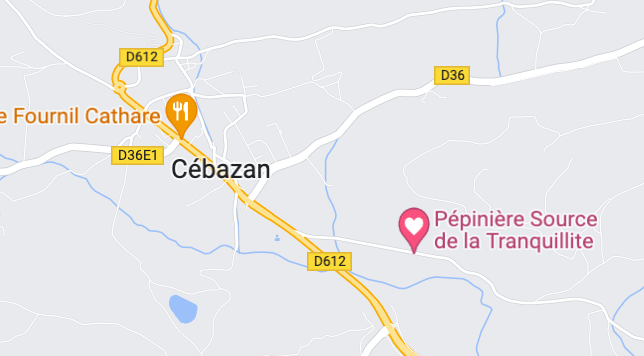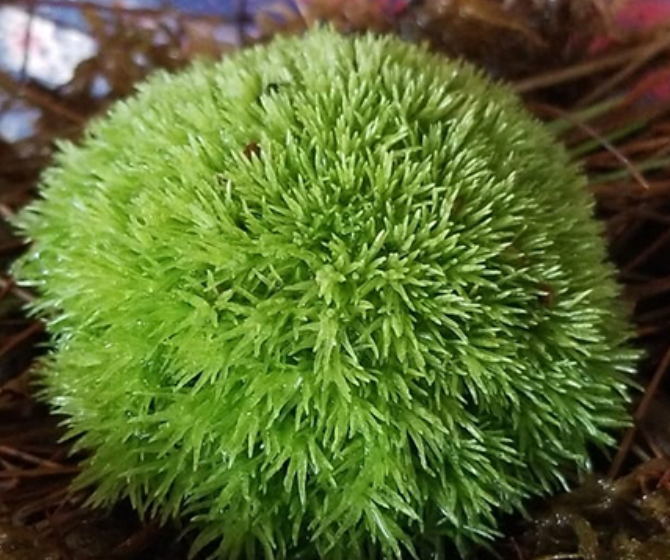The Bryophyta nursery
Red Aloe maculata, Aloe saponaria, the soap aloe or zebra aloe. 10x10cm plant with roots.
Red Aloe maculata, Aloe saponaria, the soap aloe or zebra aloe. 10x10cm plant with roots.
Prix habituel
€12,00 EUR
Prix habituel
Prix soldé
€12,00 EUR
Prix unitaire
par
Taxes incluses.
Frais d'expédition calculés à l'étape de paiement.
Impossible de charger la disponibilité du service de retrait
Aloe maculata 10x10cm plant with roots, without substrate.
The soap aloe or zebra aloe, a stunning rare red aloe with all the medicinal properties. A Southern African species of aloe. Local people in South Africa know it informally as the Bontaalwyn in Afrikaans, or lekhala in the Sesotho language.
It is a very variable species and hybridizes easily with other similar aloes. The leaves range in colour from red to green, but always have distinctive "H-shaped" spots. The flowers are similarly variable in colour, ranging from bright red to yellow, but are always bunched in a distinctively flat-topped raceme.
This species was previously known as Aloe saponaria (a name that came from the Latin "sapo" meaning soap, as the sap makes a soapy lather in water). Its currently accepted name, according to the South African National Biodiversity Institute (SANBI), is Aloe maculata ("maculata" means speckled or marked).
The soap aloe is highly adaptable and is naturally found in a wide range of habitats across Southern Africa, from Zimbabwe in the north, to the Cape Peninsula in the south. Specifically, it is native to southern and eastern South Africa, south-eastern Botswana and Zimbabwe.
In addition, it is now planted around the world as a popular landscape plant in warm desert regions – especially in the United States, where it is the most popular ornamental aloe in the Tucson, Arizona area, and is also popular in California, and the Mediterranean.
This plant gel is used traditionally as a remedy for many medicinal properties by local people like: Skin complains, inflammation, respiratory system, muscular-skeletal system, poisoning, circulation and endocrine system diseases.
Plants are damaged by temperatures below 32 °F (0 °C), but recover quickly. In a suitable climate, soap aloes require little attention once established. Aloe maculata is very salt tolerant — a good choice for seaside gardens.
A. maculata is very popular in the gardening trade and is used for water-wise landscaping worldwide. Aloe maculata are low-growing and propagate by suckers. If permitted, they form a useful ground cover in arid regions. Its spotted leaves are attractive even when the plants are not in flower, but the flowers produce a fine show for several weeks in summer. Pollinators, both birds and insects, visit the flowers avidly for nectar and pollen.
The soap aloe or zebra aloe, a stunning rare red aloe with all the medicinal properties. A Southern African species of aloe. Local people in South Africa know it informally as the Bontaalwyn in Afrikaans, or lekhala in the Sesotho language.
It is a very variable species and hybridizes easily with other similar aloes. The leaves range in colour from red to green, but always have distinctive "H-shaped" spots. The flowers are similarly variable in colour, ranging from bright red to yellow, but are always bunched in a distinctively flat-topped raceme.
This species was previously known as Aloe saponaria (a name that came from the Latin "sapo" meaning soap, as the sap makes a soapy lather in water). Its currently accepted name, according to the South African National Biodiversity Institute (SANBI), is Aloe maculata ("maculata" means speckled or marked).
The soap aloe is highly adaptable and is naturally found in a wide range of habitats across Southern Africa, from Zimbabwe in the north, to the Cape Peninsula in the south. Specifically, it is native to southern and eastern South Africa, south-eastern Botswana and Zimbabwe.
In addition, it is now planted around the world as a popular landscape plant in warm desert regions – especially in the United States, where it is the most popular ornamental aloe in the Tucson, Arizona area, and is also popular in California, and the Mediterranean.
This plant gel is used traditionally as a remedy for many medicinal properties by local people like: Skin complains, inflammation, respiratory system, muscular-skeletal system, poisoning, circulation and endocrine system diseases.
Plants are damaged by temperatures below 32 °F (0 °C), but recover quickly. In a suitable climate, soap aloes require little attention once established. Aloe maculata is very salt tolerant — a good choice for seaside gardens.
A. maculata is very popular in the gardening trade and is used for water-wise landscaping worldwide. Aloe maculata are low-growing and propagate by suckers. If permitted, they form a useful ground cover in arid regions. Its spotted leaves are attractive even when the plants are not in flower, but the flowers produce a fine show for several weeks in summer. Pollinators, both birds and insects, visit the flowers avidly for nectar and pollen.
Materials
Materials
Shipping & Returns
Shipping & Returns
Dimensions
Dimensions
Care Instructions
Care Instructions



-
Free Shipping
We offer free shipping in France! and internationally for orders of 500 euros or more.


